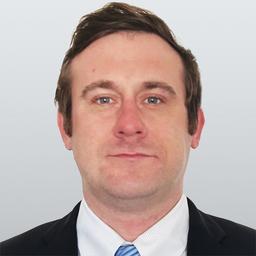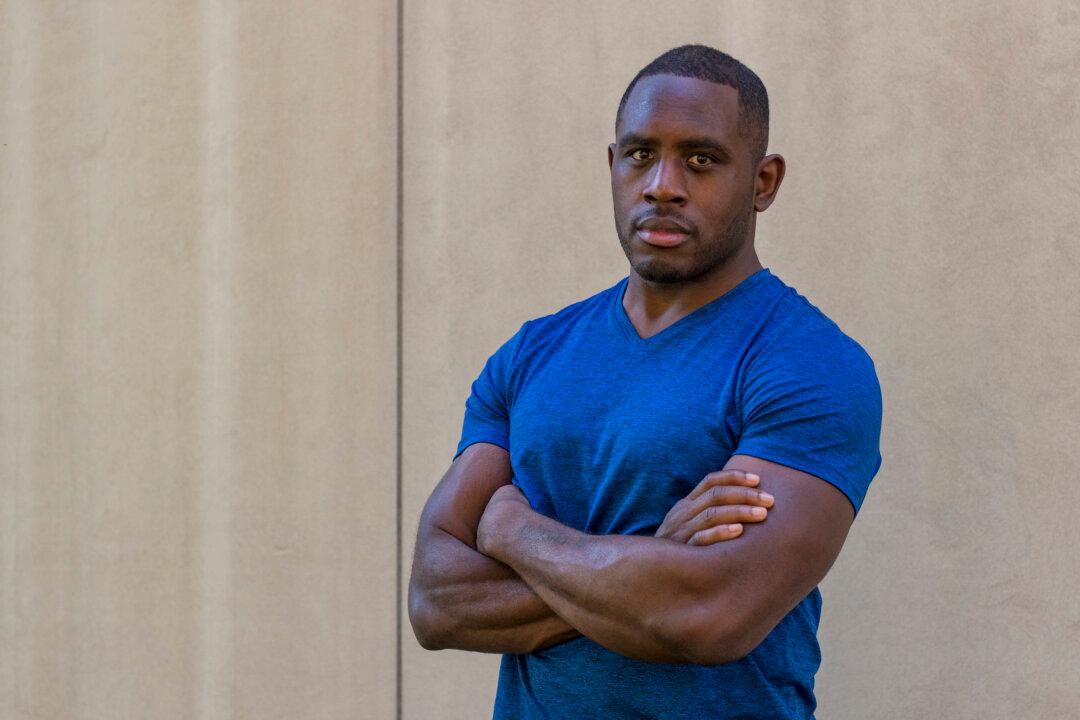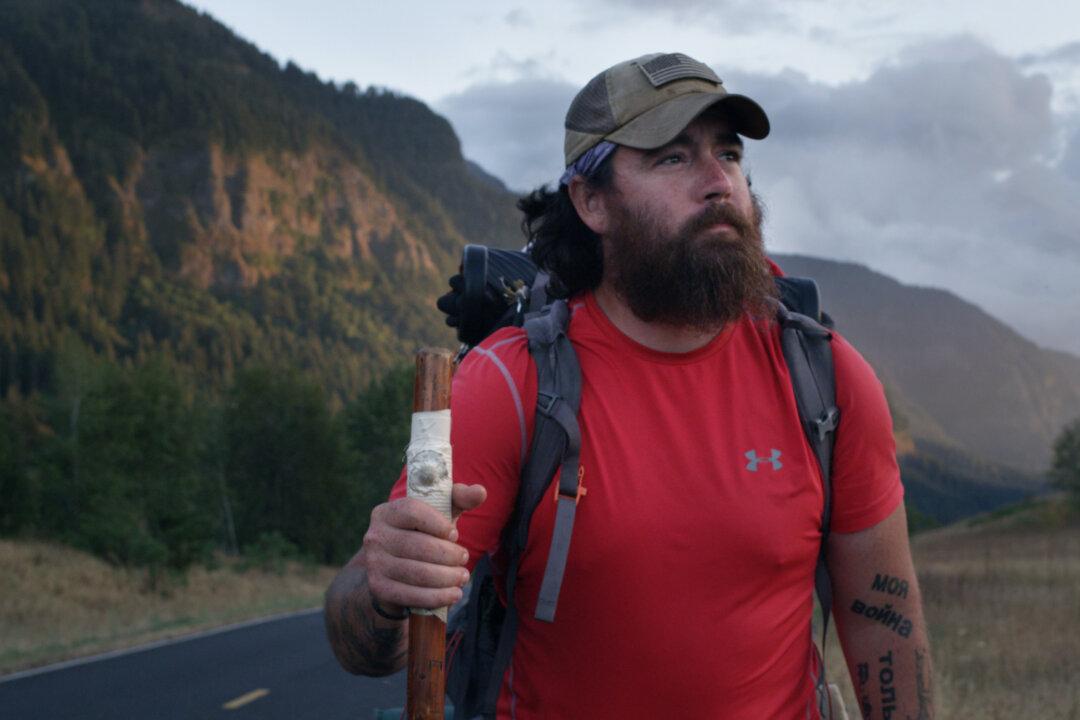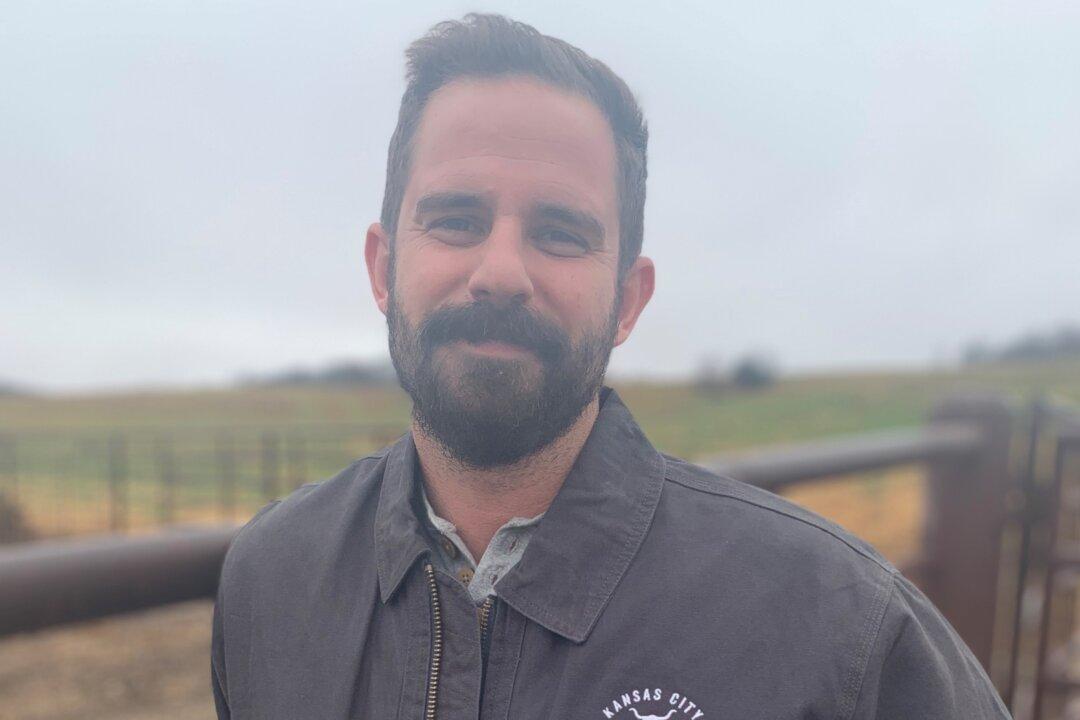For many people, a traumatic childhood can have a negative effect on their adult lives. Whether it’s abuse or neglect, an adverse experience as a child can lead to alcoholism, drug abuse, incarceration, and worse. JT Kostman experienced the worst of the worst, but was able to free himself from abuse, and went on to work in five different careers, including in the United States Army. Ever since Kostman was a child, he has possessed an incredible ability to adapt.
Childhood
During his early life, JT Kostman was horrifically abused by both of his parents. In fact, his first memory as a kid is when he was three years old. He had been beaten to the point where he was urinating blood. After he was lit on fire by his parents for the second time, he fled his home at the age of nine.After he escaped, he found himself living on the streets of New York. He lived in alleys, basements, on the subway, or wherever he could find a place to lay his head. He worked for bookies and loan sharks in order to survive. However, by the time he was a teenager he realized the life he was living wouldn’t last forever. One of the men he worked for, Primo, gave him some sage advice.






